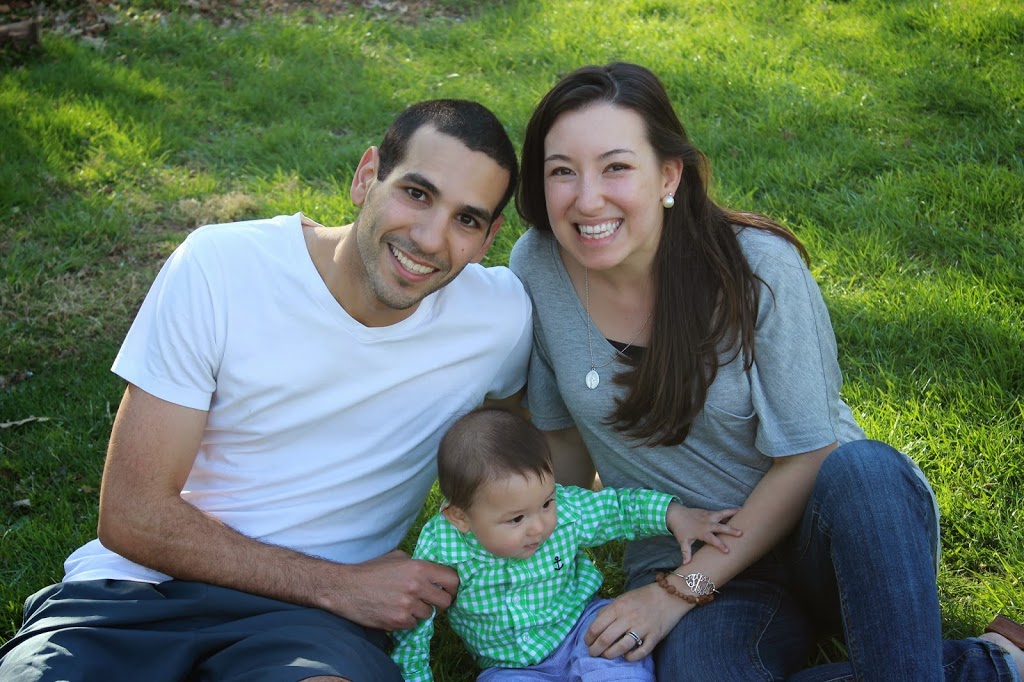My phone rang mid-day on a Monday — an unexpected call from a friend in a crisis sparked by a spouse’s newly revealed infidelity. I thought of my friend last week as I read a column on HuffPost Wedding, a request by life coach Lisa Haisha to reconsider monogamy, which is a promise implied by marriage but breached by many-a-spouse.
The divorce rate, Haisha wrote, “coupled with the prevalence of adultery,” is indicative of what she thinks we need: to let marriage evolve, to let each couple decide if infidelity is ok. The column admirably encourages spousal self disclosure, but it also implies that monogamy in marriage might not be important, as if infidelity’s prevalence is a reason to redefine a covenant. But if we redefine marriage to include people who don’t want to be faithful, we redefine marriage for people who don’t want to be married. Their choices do not negate the truth: monogamy in marriage is important.
This is, as Haisha wrote, the first time in human history in which the death that dissolves a monogamous marriage may not happen for several decades. She also wrote that monogamous marriage itself is new compared to plural marriage, that adultery might be inevitable, that it’s so normal among married women and men that we all ought to be free to change marriage’s boundaries to include it. But norms aren’t normal because they’re good. They’re normal because we keep them that way.
The onus is on each of us to consider norms critically, to admit that a new definition of marriage is desired because it’s easier to change marriage into something that allows for infidelity than to become people who can be faithful, not because monogamy isn’t important. As a result of a longer life expectancy, a couple indeed can be married for 60 years, Haisha wrote, and she followed that up with a question: “Is it realistic to think that two people could be emotionally, mentally, physically and sexually compatible for that long?” In short, and even in my opinion, no.
But the absence of constant compatibility in a marriage doesn’t warrant a rejection of monogamy. That’s because constant compatibility in marriage is impossible. People are compatible when they can exist together without conflict, which means compatibility, by definition, is not constant. But that compatibility waxes and wanes is not proof that monogamy is irrelevant. It is proof that monogamy is important. It creates a safe space in which a couple can use the communication Haisha suggests couples use — and not to redefine marriage, but to achieve compatibility again and again.
Couples who are monogamously married for decades and are happy are few and far between, Haisha wrote. But unhappily married couples aren’t unhappy because they are monogamous. They are probably unhappy because they aren’t communicating (or because they probably shouldn’t have gotten married in the first place).
Widespread marital misery is not an excuse to permit adultery, but evidence of what a marriage actually needs, of which too many marriages are devoid: love. Real love, selfless love — the kind of love I, a practicing Catholic, learned from Jesus. Maybe monogamy is hard, and maybe it is rare, but it reminds us that relationships don’t thrive if they don’t involve work, that marriage is designed to result in the destruction of self absorption. Adultery says “nothing is more necessary than gratification” and monogamy says “nothing is more necessary than love.” And in a marriage, I can’t imagine anything more important.
[callout]Click here to read Haisha’s column on HuffPost Wedding.[/callout]


